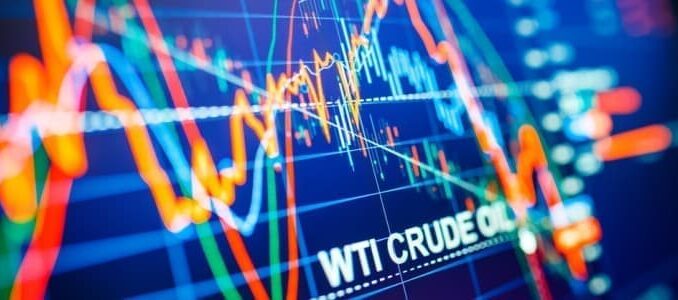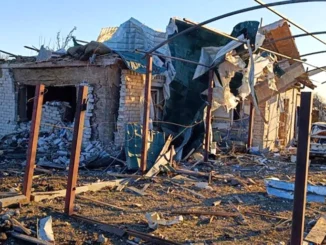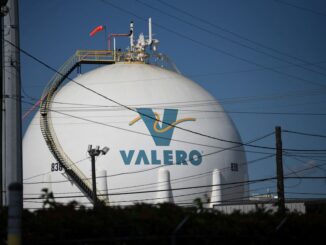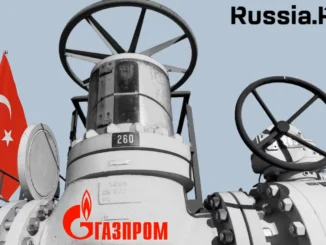
- Jamie Dimon had some good news for investors in a recent interview, suggesting that they should trust the Fed.
- He also highlighted commodity market turmoil, stating that it is likely to get “much worse.”
Like the old saying goes: Hindsight is 20/20. That’s especially true for financial markets and the Federal Reserve. So, while investors wait to see whether the Fed will signal the possibility of a 75 bp rate hike at its next meeting, JPM CEO Jamie Dimon is telling Bloomberg (and its audience) that investors should take a deep breath and trust the Fed, while acknowledging that there’s “a chance” of a policy mistake that could trigger a punishing recession.
On that front, Dimon told Bloomberg during a recent interview that the Fed should have moved more quickly to raise interest rates as inflation rattles the world economy. His comments echoed those made by Ken Griffin during his recent appearance at the Milken conference in LA.PMorgan’s Dimon Says Libra Was a ‘Neat Idea’ That Will Never Happen
“We’re a little late,” Dimon said. “The sooner they move the better.”
He added that “we have a very strong US economy” and that “businesses are in very good shape.” While the Fed is “a little late”, Dimon said that the “sooner they move, the better”.
“If they can, they are going to need to slow down the economy enough so that 8% starts to come down over time,” Dimon said.
While Dimon said he isn’t a “betting man,” he believes there’s roughly a one-third chance of a “soft landing”, and a one-third chance that the Fed sends the US economy into a “mild recession” – although there’s a chance that a recession could be “much harder than that”.
Asked if he’s afraid of a Fed policy mistake, Dimon insisted that he’s “not afraid of the Fed”, before launching into a diatribe about the importance of “rational, thoughtful” fiscal policy (something he has been preaching about for years).
In addition to a 50bp hike at the close of its latest policy meeting on Wednesday, it’s widely expected that the central bank will announce the start of its balance sheet tapering.
But before investors get too critical, Dimon said they should “take a deep breath” and give the Fed a chance.
But an even bigger risk than the Fed’s rate hike plans is the war in Ukraine, which could take years to play out.
“Global energy is precarious,” he said. “If oil goes to $185 that’s a huge problem for people and we should do everything we can today. We need to pump more oil and gas.”
He said the US government should be more focused on national security, including its energy and food resources.
“The Cold War is back,” Dimon said, who was speaking from the bank’s 2022 CEO Forum. “National security is always the most important thing.”
But the interview with BBG wasn’t Dimon’s only interview on Wednesday. He also gave an interview to the Irish Times, which focused more on the war in Ukraine and its impact on international commodity markets (particularly energy).
Related: Europe May Lose The Energy Transition Race Before It Really Begins
“And then you’ve got Ukraine. First and foremost, our hearts go out to the Ukrainian people because of the humanitarian crisis. But it’s a war and we don’t know how it’s going to end. It could get worse. The sanctions could get worse. It’s causing complete turmoil in commodity markets around the world and that could get much worse. That’s what we have to be prepared for.”
He added that the turmoil in international commodity markets could get “much worse” if the war in Ukraine drags on. Because of this, Dimon said that “global energy is precarious” and added that “if oil goes to $185 that’s a huge problem for people and we should do everything we can today. We need to pump more oil and gas.”
Meanwhile, on top of warning about the global risks posed by the war in Ukraine, Dimon also said the “Cold War is back” and that “national security is always the most important thing.”
Source: Oilprice.com



